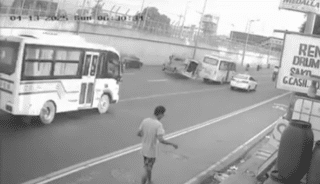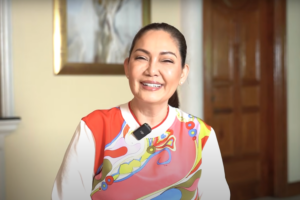KARACHI, Pakistan — A trans woman suffering severe burns on 80 percent of her body was found outside a taxi stand in Sahiwal last week, when a passerby alerted Rescue 1122. Since no hospital in the district had a burn unit, she was to be shifted to Lahore’s Jinnah Hospital.
She died on her way there, and was buried by the local municipal corporation. No loved one came searching for her. Her identity remains unknown till this day.
Two horrific videos surfaced on social media. In the first, the victim sobs in pain as the rescue team lifts her ash-covered body onto a stretcher. In the second, she is inside an ambulance; her eyes are shut, the severity of her burns and the bloodied gash across her neck visible. We do not know if she is dead or alive. Who inflicted such hateful violence upon her body and spirit? What horrors was she made to suffer? What was her life like before this calamity struck? What was her name?
Perhaps we will never have answers to these questions, but we should ask ourselves this: what will it take for us to treat those who embody a non-normative gender identity with respect and dignity? And when will the trans community finally feel safe and accepted in their country of birth?
On the one hand, Pakistan has made several gains. Earlier this year, Marvia Malik made her appearance on TV, becoming the country’s first trans newsreader. Parliament passed the Transgender Persons (Protection of Rights) Act in May, which guarantees the right to self-identify, and to have that identity registered on all government-issued documents.
Thirteen people identifying themselves as trans participated in the general elections. On the other hand, trans people continue to be the object of ridicule, discrimination, harassment — and ultimately violence. In KP alone, around 62 members of the trans community have been murdered this year. Implementing the Transgender and Intersex Community Election Manifesto’s 33 demands will be a step in the right direction.




